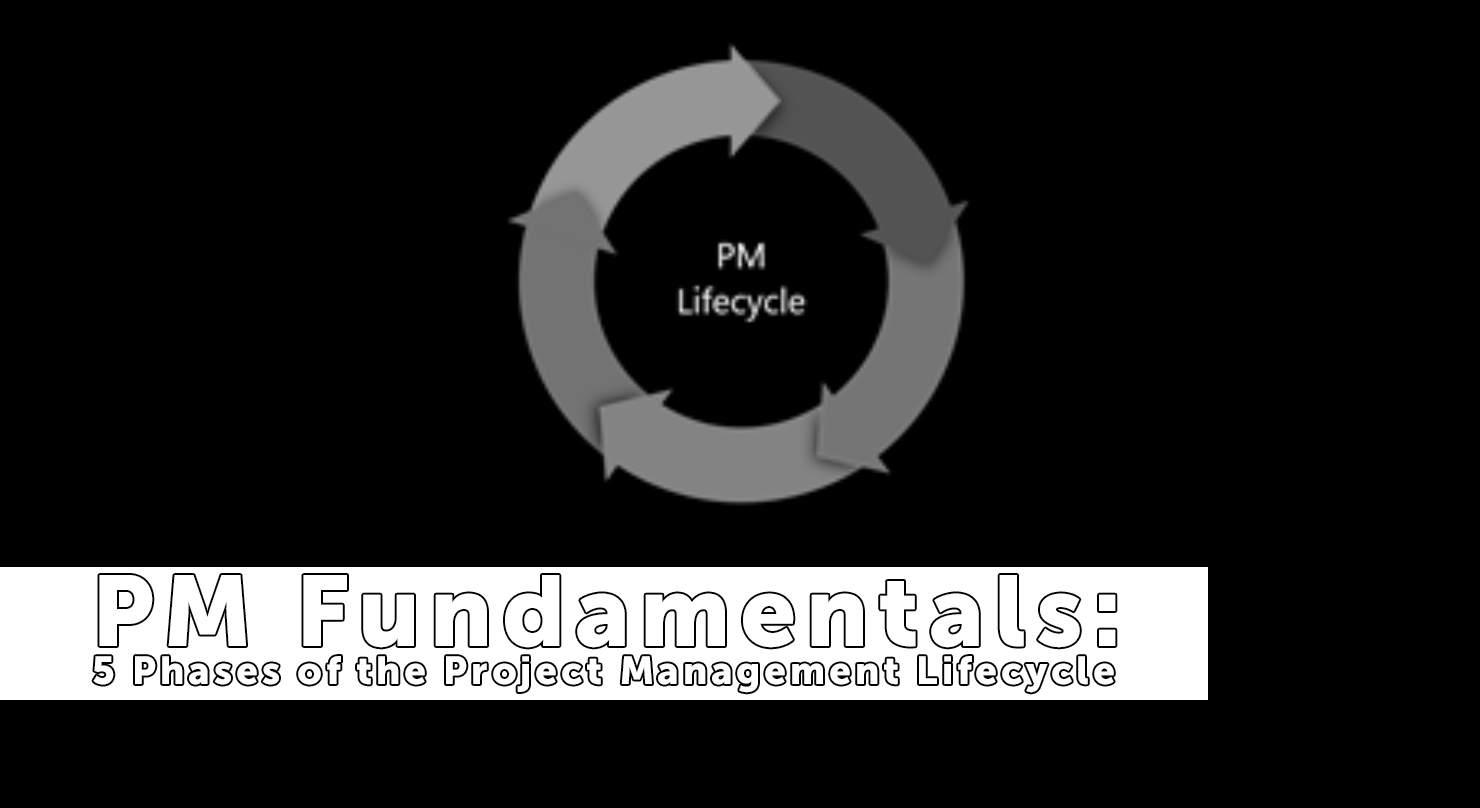Part of being successful in project management entails learning from past successes and failures of similar or related projects. It would be difficult and extremely costly if each time a new project was approved, the Project Manager had to start from scratch without leveraging existing documentation that could help streamline their project and avoid major pitfalls. Unfortunately, many projects still close without any documentation and archiving of lessons learned.
Furthermore, Project Managers should never wait until the end of a project to document lessons learned – any lessons should be documented as soon as they are identified during a project. Imagine if NASA never documented any lessons learned after completing the development project of a space rocket – the inherent risks would be enormous; from potential rework to resolve pre-identified issues, to jeopardizing the safety of astronauts.
Here are some of the reasons why Project Managers should make it a habit of documenting lessons learned on each project they ever manage regardless of the project size or duration.
Development of Best Practices
In most companies, projects that are typically approved often have some correlation to other existing projects, or even similarities to past projects. With the documentation of lessons learned for each project, it helps a project team to develop best practices that can be used to help future projects learn from past mistakes, and mitigate potential risks based on knowledge that carried over from previous projects. In essence, best practices will be developed and continuously refined based on the successes and failures of past projects – all for the betterment of future project initiatives.
Gain a Better Understanding of Project Success or Failure
Successful projects have a key ingredient in the form of documentation of lessons learned where Project Managers review archived documents and make adjustments on their projects as necessary. In some projects, however, things do not go well and a consequence of this could be a massive project failure. Either way, you must document both the reasons that a project succeeded, and factors that could have contributed to project failure. This will provide the Project Manager and the Project Management Office (PMO) with an opportunity to address the factors that inhibit project success while at the same time sharing the useful tips that contribute to successful project completion.
Better Management of Risks and Issues
By documenting lessons learned, you arm your project with proven ways to proactively manage risks and issues before they occur. These documents will identify the steps that were taken to address a given risk, and how the risk ownership was assigned and monitored during a project. Lessons learned documents become helpful guides for a Project Manager that may be working on another similar project, and also presents a company with material to reference when dealing with correlated risks across other areas of its operations.
Promote a Culture of Learning
When project teams work together while documenting lessons learned, it promotes a strong culture of learning because everyone feels empowered to share any reasons for success and failure without the fear of being blamed. The openness that results from this exercise will help stimulate project success by the development of a strong knowledge base that can be leveraged for all future projects.
At PM Imperative, we cover the latest trends in Project Management and Product Management. As PM practitioners, we understand the value the Project Managers and Product Managers bring to each organization and that’s why we focus on the most practical strategies that Project and Product Managers can implement immediately. If you found this post useful, be sure to check out our latest book: The PM Imperative – Guide for Leading & Managing Projects, People & Delivering Value. https://pmimperative.com/shop/






Lorem ipsum dolor sit amet, consectetur adipiscing elit, sed do eiusmod tempor incididunt ut labore et dolore magna aliqua.